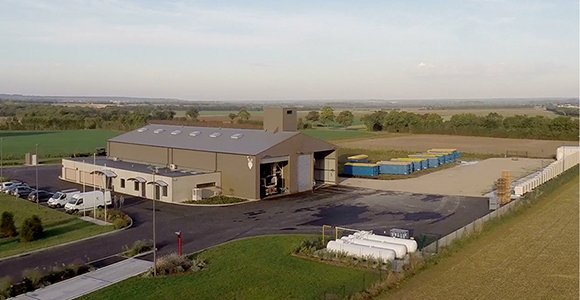- Critères de selection
Sélectionnez l’espèce, la station ou la région de votre choix et visualisez les départements de production.
Un texte explicatif vous est proposé pour chaque espèce.
The range of Deleplanque products expands in 2018 with 3 new species: sunflower, soybean and chickpea. An offer towards diversification.
In 2021, Deleplanque (sugar beet and fertilisers) and Saaten-Union (cereals, oilseeds and catch crops) formed a commercial partnership covering the whole of France: the Deleplanque Saaten-Union Network is deploying a multi-crop genetic offering to support farmers' rotations.
At the heart of the company, seed production is booming and continues to diversify. New species, new regions, new skills.
With 2 sorting factories, the Deleplanque group has established a high-tech industrial tool, designed for easily damaged seeds and equipped with 2 organic-certified lines.

Sélectionnez l’espèce, la station ou la région de votre choix et visualisez les départements de production.
Un texte explicatif vous est proposé pour chaque espèce.
